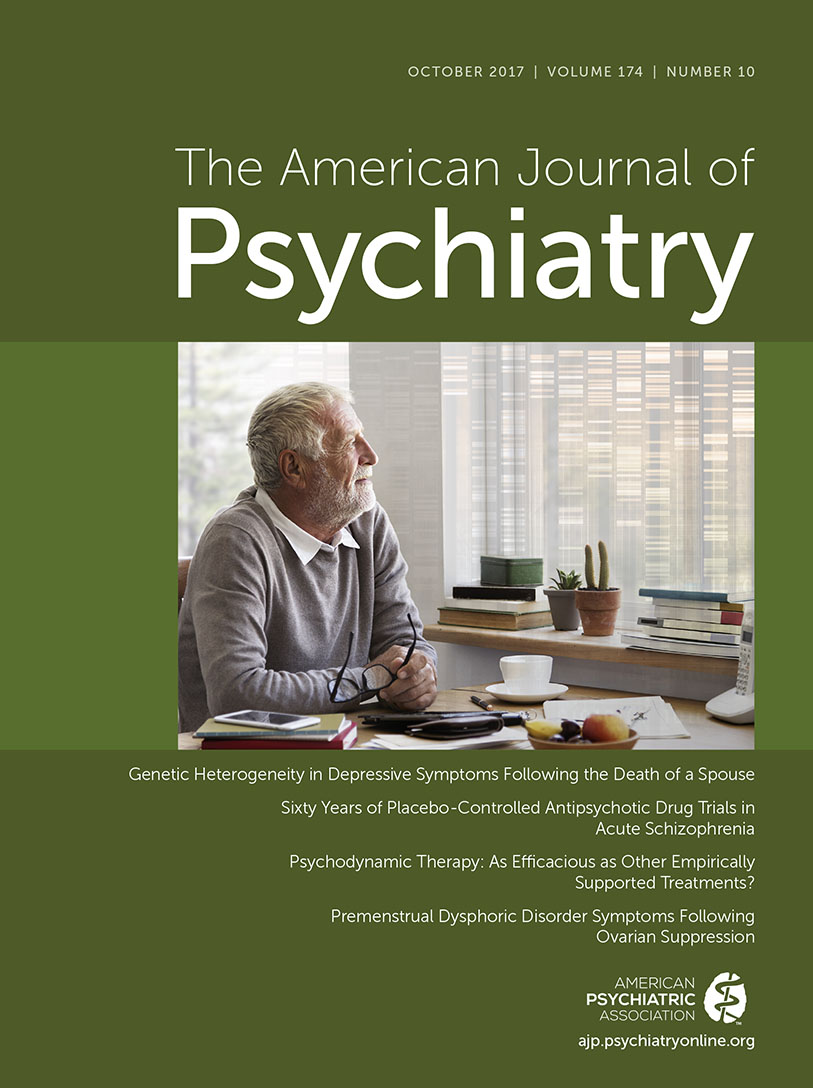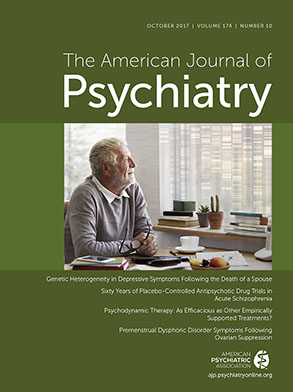Recurrent Benzodiazepine Withdrawal Catatonia in an Older Adult
A 79-year-old woman presented to the emergency department with 2 days of altered mental status characterized by staring, mutism, and motor resistance to commands. Six days prior to presentation, clonazepam was discontinued (daily dose of 0.5 mg prescribed for 10 years). Her history included mild cognitive impairment, unspecified anxiety, and past major depression without catatonia. Purposeless agitation, including stereotypies and combativeness, occurred when staff obtained intravenous access. After receiving 2 mg of lorazepam intravenously, the patient began speaking and became more cooperative. She received another 1 mg of lorazepam intravenously to facilitate incremental improvement in mental status. Metabolic laboratory and head imaging test results were unremarkable. Her vital signs were unchanged from baseline, and tremor was absent. Catatonia signs and symptoms remained absent 12 hours later during psychiatric evaluation. There was no recent history or examination findings of depression, mania, psychosis, or delirium. The most likely explanation for catatonia was benzodiazepine discontinuation. Chart review revealed the patient developed catatonia, with similar symptoms to the current episode, 5 years prior due to clonazepam discontinuation. Given the patient’s history of recurrent catatonia after benzodiazepine discontinuation, the patient was advised to continue 0.5 mg of clonazepam daily.
References
Information & Authors
Information
Published In
History
Keywords
Authors
Funding Information
Metrics & Citations
Metrics
Citations
Export Citations
If you have the appropriate software installed, you can download article citation data to the citation manager of your choice. Simply select your manager software from the list below and click Download.
For more information or tips please see 'Downloading to a citation manager' in the Help menu.
View Options
View options
PDF/EPUB
View PDF/EPUBLogin options
Already a subscriber? Access your subscription through your login credentials or your institution for full access to this article.
Personal login Institutional Login Open Athens loginNot a subscriber?
PsychiatryOnline subscription options offer access to the DSM-5-TR® library, books, journals, CME, and patient resources. This all-in-one virtual library provides psychiatrists and mental health professionals with key resources for diagnosis, treatment, research, and professional development.
Need more help? PsychiatryOnline Customer Service may be reached by emailing [email protected] or by calling 800-368-5777 (in the U.S.) or 703-907-7322 (outside the U.S.).

